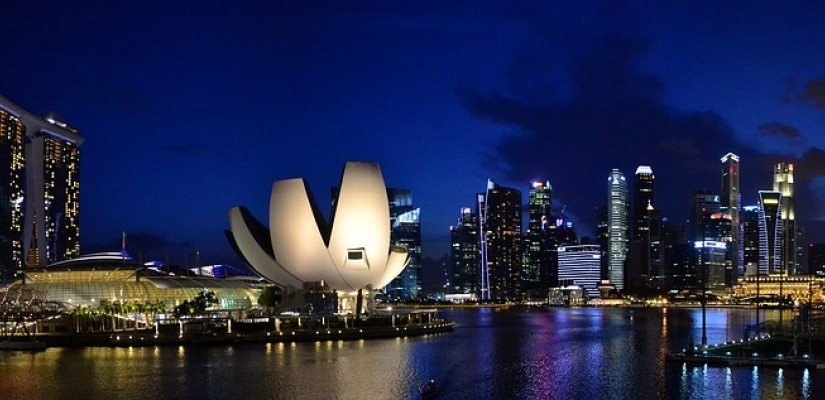
Singapore enacted its controversial fake news law, Protection from Online Falsehoods and Manipulation Act, on October 2nd, 2019. Government ministers can amend, take down, or block material on social media that they deem false, misleading, or against the public interest. The government claims that because of the city state’s particular vulnerability to the spread of fake news given its position as a financial hub, and its multi-ethnic, multi-religious population, the measure is necessary to prevent the spread of false information. Various groups are concerned that the new law stifles dissent. The opposition party worries that the law will be politicized with upcoming elections drawing near. Meanwhile, human rights agencies, academics, and tech giants like Google, Facebook, and Twitter, claim that it undermines free speech.
Those found breaching the law and refusing to comply with corrective orders issued by the government face serious consequences. Companies must pay up to USD 720,000, while individuals face up to ten years in prison for violations. The Singaporean government has been accused of stifling dissent in the past, but it is just one of the latest countries to introduce regulations against extreme content online. The spread of fake news and hate speech on social media has given governments the opportunity to justify the need for such laws.
